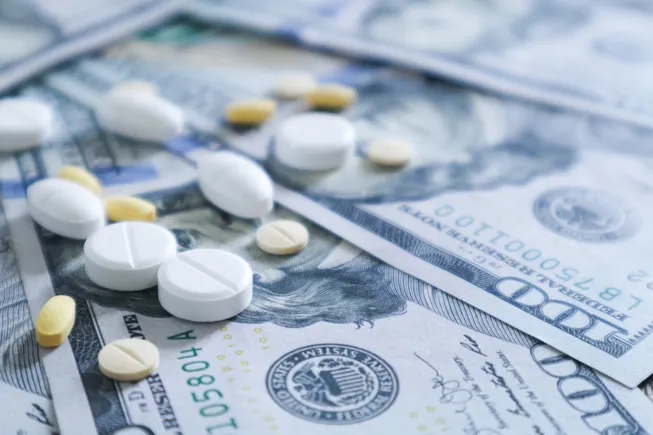The recent unveiling of new healthcare policies by the Trump administration has sparked a major shift in favor of the pharmaceutical industry. One key development is the introduction of a pilot program that allows drugmakers to voluntarily participate in changing the current discount structure of the 340B Drug Pricing Program. This program provides discounted medications to healthcare centers serving low-income or uninsured patients.
After facing obstacles in implementing their own rebate models for the 340B program, drugmakers now have the opportunity to replace upfront discounts with rebates on certain drugs. This move has been advocated for by Big Pharma companies and the lobbying group PhRMA, who argue that a rebate system would enhance oversight, reduce duplicate discounts, and modernize the program.
However, healthcare industry groups have expressed concerns that a rebate model could burden hospitals with higher upfront costs and administrative complexities. The pilot program, limited to 10 drugs selected for the Medicare drug price negotiation program, aims to evaluate the merits and shortcomings of the rebate model. It is a step towards addressing abuse in the 340B program and improving transparency.
The shift from discounts to rebates is expected to impact hospitals financially, as they may have to cover higher drug prices upfront while waiting for rebates. The administrative burden of managing rebate claims and reconciling payments adds further complexity, posing risks of denied rebates due to technicalities or disputes.
While the pilot program is a positive step, some stakeholders believe it should cover all medicines and address broader program integrity concerns. There are concerns about the financial and administrative burdens the rebate approach may impose on 340B hospitals. The program could expand in the future based on the evaluation of the pilot.
Eligible drug manufacturers can apply to participate in the pilot until September 15, with approvals expected by October 15 and implementation scheduled for January 1, 2026. A public comment period of 30 days is open for feedback on the federal register.
In a legal battle last year, several drugmakers attempted to launch their own rebate models but were blocked by HRSA. While district judges upheld the agency’s authority to approve or deny rebate models, they did not prohibit such models outright. The pilot program provides an opportunity to test a change to the discount structure and evaluate its effectiveness.
Overall, the pilot program represents a significant development in healthcare policy, with implications for both drugmakers and healthcare providers. It is a step towards addressing challenges in the 340B program and improving transparency and integrity in drug pricing.


